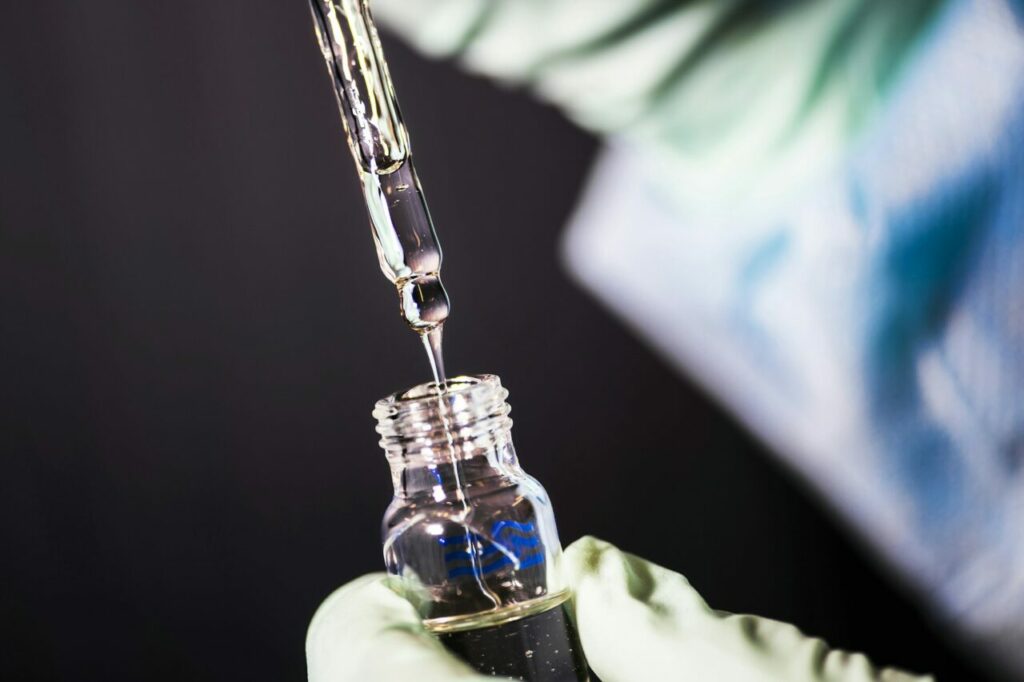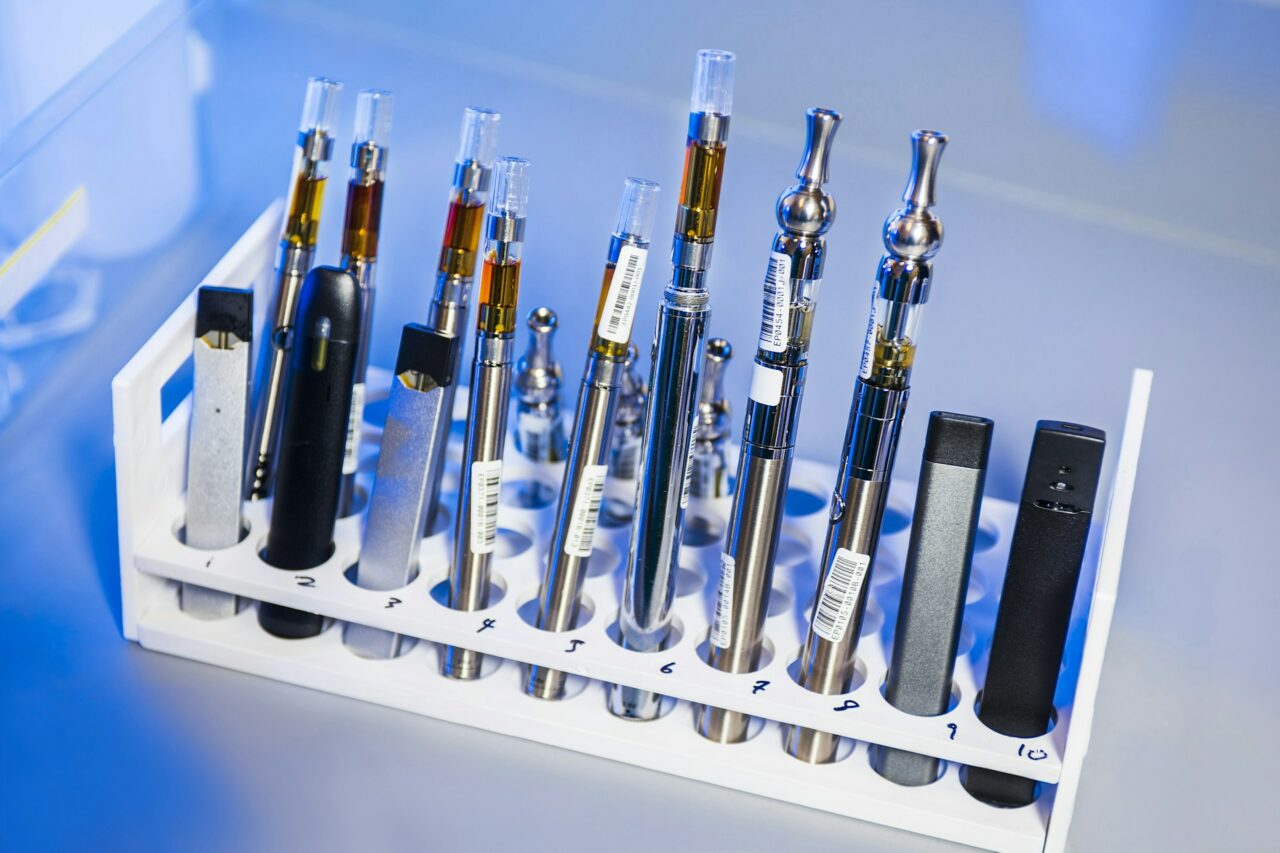The Drug Enforcement Administration (DEA) is increasing production quotas for novel items such as the DMT vape pen, marijuana, and other psychedelic substances. With Canada leading the way, a captivating new era of understanding is emerging.
The recent announcement of increased production for certain substances heralds unprecedented research opportunities.
Key Takeaways:
- The DEA aims to raise production caps to 20,000 grams of psilocybin and 11,000 grams of dimethyltryptamine by 2024.
- The spirit molecule disrupts repetitive thoughts and enhances brain and cognitive function.
- Suggesting an increase in these substances may advance medical science and pave the way for affordable alternative treatments.
DEA’s 2024 Vision: Embracing the Future of Psychedelics
In a significant move towards boosting research capabilities, a recent proposal from the DEA recommends increasing the production of certain controlled substances for scientific investigation in 2024. This reflects a growing recognition of the need for larger quantities to meet medical and research demands.
Proposal Highlights
The revised proposal considerably augments production quotas, indicating a heightened commitment to clinical trials. For instance, the target for some substances has nearly doubled, setting the production limit at 20,000 grams for psilocybin and 11,000 grams for DMT vape cartridges.
These changes are a direct response to input from registered manufacturers, who highlighted the necessity for larger quantities to support ongoing and future research. The production targets for related compounds have been maintained at prior high levels to ensure a stable supply for therapeutic research.
Potential Benefits for Scientific Research and Therapeutic Uses
The increased availability of these substances could pave the way for new scientific pursuits, particularly in determining their therapeutic potential. As more research emerges, scientists might uncover innovative treatments for various conditions, including mental health disorders.
This enhanced focus could not only expand our knowledge but also align with the growing public interest in alternative treatments. These changes could propel medical science forward and offer more cost-effective treatment options than traditional methods.
treatments.Navigating the Unknown: Present and Future Research on Dimethylamine and Psychedelics in Canada
In Canada, there has been a heightened emphasis on the exploration of alternative therapy options, with recent developments signifying a potential transformation in mental health treatment.
Despite a subsequent market slowdown, the year 2021 saw a significant rise in interest in substances known for their psychological benefits. However, ongoing clinical trials continue to produce encouraging results.

Current Landscape
On December 5th, 2022, Health Canada announced a Notice to Stakeholders, outlining the expected risk-management measures for clinical trials involving psychedelic-assisted psychotherapy. In Canada, different provinces have varying strategies for the regulation and study of psychedelics:
| Ontario | The Centre for Addiction and Mental Health (CAMH) received the first Canadian federal grant for psilocybin research. |
| Alberta | Approval has been given for the therapeutic use of specific psychedelics, including psilocybin, psilocin, ketamine, LSD, MMDA, and DMT. |
| University of Guelph | Granted permission by Health Canada to cultivate psilocybin-containing mushrooms |
| Saskatchewan | The Linden Medical Centre offers support for individuals with PTSD to access psychedelics |
| New Brunswick | Hosts a network of private clinics providing PTSD treatment with ketamine |
| British Columbia | Has decriminalized the personal possession of specific substances |
| Quebec | Mindspace by Numinus legally provides psilocybin and MDMA treatments for treatment-resistant depression and PTSD. |
Potential Areas of Research
Several promising areas of potential research are emerging, especially regarding the therapeutic applications of dimethyltryptamine and psilocybin. As the body of evidence that substantiates their efficacy continues to expand, future research could focus on:
In her encounters, every usage of the DMT vape pen cartridges provides a distinct and unique experience. She says, “With the first puff, my body transitions into a state of intense relaxation, and colors become remarkably vibrant,” she narrates. “I feel a sensation of weightlessness as though I’m floating in water, yet I’m held securely by an invisible force.“
Entrepreneur Tim Leonard describes an overwhelmingly intense experience: “My soul seemed to leave my body and enter a realm that can only be described as divine.” He observed “a semi-transparent human skull with a pulsating brain emitting colours and energy,” conveying a profound message about the marvel of human life.
The Rise of Vapour Pens: A Guide for Aware Consumers
The increasing popularity of top-quality DMT vape pens and cartridges has transformed the way people engage with this substance. These small devices offer a subtle and convenient method for reaping the benefits. As the user base grows, so does the need for responsible use and awareness of ongoing research.
- Educate Yourself: Stay updated with reliable sources about research and regulations. Keep track of clinical trials and their outcomes, as they can provide valuable information about safety and effectiveness.
- Know Your Product: Purchase from reputable vendors that offer clear labeling and quality assurance. Understanding what’s in your product can contribute to a safer experience.
- Practice Moderation: Start with smaller doses to understand your response. Conscious consumption can lead to more enjoyable experiences.
- Connect with the Community: Engage in discussions with other users and healthcare professionals. Sharing experiences and insights fosters a supportive environment and encourages responsible usage.
Progressing Ahead: How Canada’s Online Dispensary is Preparing for Psychedelic Trends – Where to Purchase Vape Pens
As research enhances our
Mushrooms Online Canada offers informed choices for every journey into the world of these substances. We are your trusted online dispensary for premium psilocybin products, making the exploration of the vibrant realm of psychedelics more accessible than ever.
In the wake of recent attention from the DEA towards psychedelic studies, consumers can look forward to a plethora of exciting developments in the near future.
Frequently Asked Questions
Is it possible for residents to acquire the substances requested by the DEA?
No. These substances are currently under investigation by researchers for their potential benefits. If you’re interested in buying a DMT vape cart or any of the mentioned substances, you have the option to either visit a clinic that provides them as part of a treatment regime, or purchase them from an online dispensary.
What distinguishes dimethyltryptamine from other psychedelic substances?
Dimethyltryptamine stands out from other psychedelics due to its potent effect and short duration. Unlike LSD, which can affect neural activity for many hours, dimethyltryptamine causes a brief but deeply immersive shift in consciousness, marked by intense visual patterns and a range of other sensations.
Which condition is currently improving with the use of dimethyltryptamine?
Several studies indicate that this compound can generate immediate antidepressant effects in patients the day after treatment. Other research has explored its impact on mental health outcomes among healthy volunteers. The main emphasis is on reducing symptoms of depression and anxiety.





